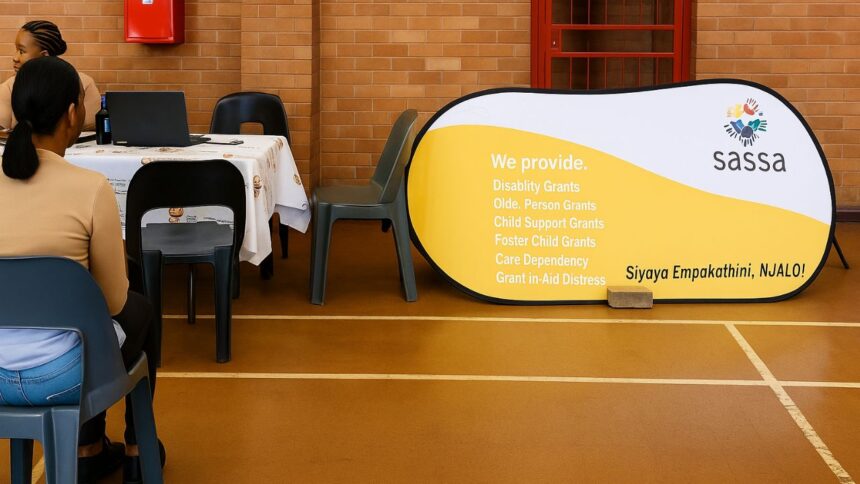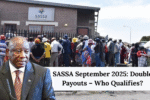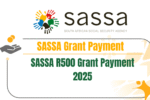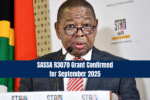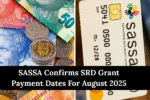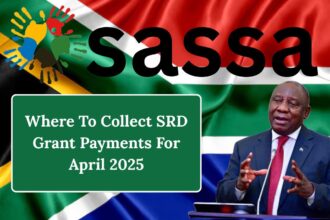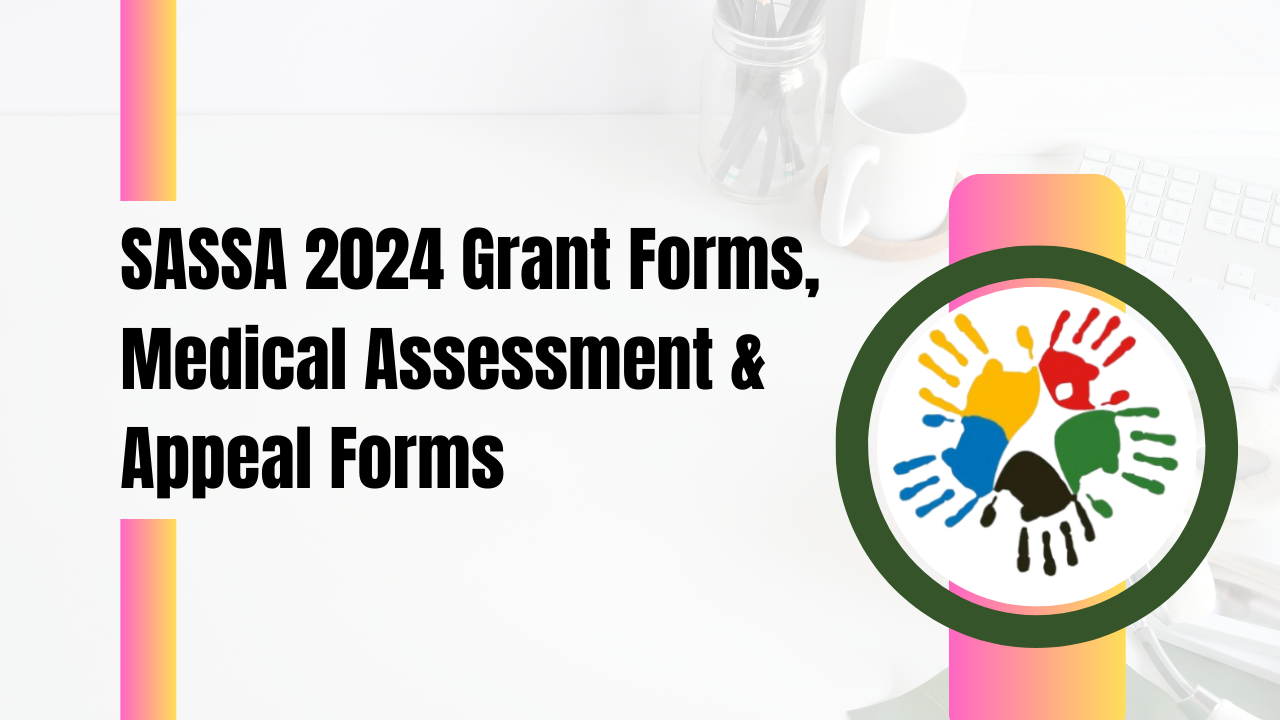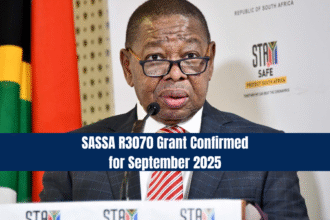The SASSA SRD grant payments for June 2025 have officially begun, marking another crucial cycle in South Africa’s ongoing effort to provide financial relief to its most vulnerable citizens. The South African Social Security Agency (SASSA) confirmed that thousands of approved beneficiaries will receive the R370 SRD grant between 26 May and 30 May 2025.
With the cost of living increasing, the Social Relief of Distress (SRD) grant remains a vital support mechanism for millions across the country. Here’s everything you need to know about the June 2025 SRD payments, how to check your status, payment methods, and eligibility requirements.
SASSA SRD Payments for June 2025 Now Underway
SASSA SRD Grant Payments for June 2025 Begin. According to SASSA, approved SRD grant recipients will begin receiving their R370 payments from Monday, 26 May 2025, and the payment window will continue until Friday, 30 May 2025. Beneficiaries are urged to conduct a SASSA status check to confirm their exact payment date.
“Clients are encouraged to view their status on the SRD website to see the exact date the payment will reflect in their bank accounts,” SASSA advised.
While payment processing begins on the stated dates, recipients are reminded that bank transfers may take up to three working days to reflect. Therefore, patience is required, especially for those relying on bank deposits as their chosen payment method.
How to Check Your SASSA SRD Grant Status
To determine whether your SRD grant for June 2025 has been approved, you should perform a SASSA status check online:
Steps to Check Your SASSA Status:
- Visit the official SRD website: https://srd.sassa.gov.za
- Scroll down to “Check Status”
- Enter your ID number and registered cellphone number
- Click on “Submit”
The system will display whether your application is approved, declined, or pending, and if approved, it will show the payment date for June.
How to Receive Your SRD Grant Payments
SASSA offers two main payment channels for the R370 SRD grant:
1. Direct Bank Deposit
This is the most recommended method, offering quicker and safer access to funds. Once approved, the grant is transferred directly into the beneficiary’s bank account.
2. Retail Collection Points
Beneficiaries without a bank account can opt to collect their grant in cash from participating retailers. These include:
- Pick n Pay
- Boxer
- Checkers
- USave
- OK
- Spar
When collecting at retail stores, bring your ID and registered cellphone number to verify your identity via OTP
Eligibility Criteria for the SASSA SRD Grant
To receive the SRD grant, applicants must meet several eligibility conditions laid out by SASSA in partnership with other government departments:
Basic Eligibility Requirements:
- Must be South African citizens, permanent residents, or refugees registered on the Home Affairs system.
- Must be between 18 and 59 years old.
- Unemployed and not receiving any income or other social grants.
- Must not receive Unemployment Insurance Fund (UIF) benefits.
- Not a NSFAS beneficiary or taxpayer registered with SARS as earning income.
SASSA uses your ID number to verify your information across various databases:
- Home Affairs – for identity verification
- SARS – for income data
- UIF – to confirm unemployment status
- NSFAS – to check for duplicate government support
Additionally, SASSA runs a fraud risk scoring process using your ID and mobile number. If your application is flagged, you may face a rejection.
What to Do If Your Application Is Declined
Applicants who are declined for the SRD grant still have a chance to submit an appeal.
Steps to Appeal a Declined Application:
- Go to the DSD Independent Tribunal website: https://srd.dsd.gov.za/appeals
- Enter your ID number and cell number.
- Select the month you are appealing for.
- Provide motivation or upload supporting documents if required.
Make sure your appeal is submitted within 30 days of receiving the decline notice.
SASSA SRD Grant Extended Until 2026
In a major policy update, Finance Minister Enoch Godongwana announced the extension of the SRD grant to March 2026. The grant, originally meant to end in March 2025, has been extended to assist with ongoing unemployment and poverty alleviation efforts.
This extension allows beneficiaries more time to depend on government relief while job creation and social development initiatives are being strengthened across the country.
Why the SRD Grant Is Still Important in 2025
The R370 SASSA SRD grant may seem small, but it continues to offer essential financial support for millions of South Africans. Whether it’s buying groceries, covering transportation, or securing basic hygiene products, the grant remains a lifeline for:
- Unemployed youth
- Informal workers
- Women-headed households
- People living in rural areas
With the continued economic challenges and rising food prices, this grant plays a critical role in preventing hunger and social instability.
SASSA Contact Details and Helpline
If you need help regarding your SRD grant application, status check, or payment issues, here are the official SASSA support channels:
- SASSA Toll-Free Number: 0800 60 10 11
- SRD Website: https://srd.sassa.gov.za
- SASSA WhatsApp Support: Send “Hi” to 082 046 8553
- Email: [email protected]
Conclusion
The SASSA SRD grant payments for June 2025 are now underway, and eligible South Africans are urged to perform a status check to confirm their R370 payment dates. Whether you receive funds via bank deposit or retail outlets, it’s crucial to stay informed and updated on your grant status.

